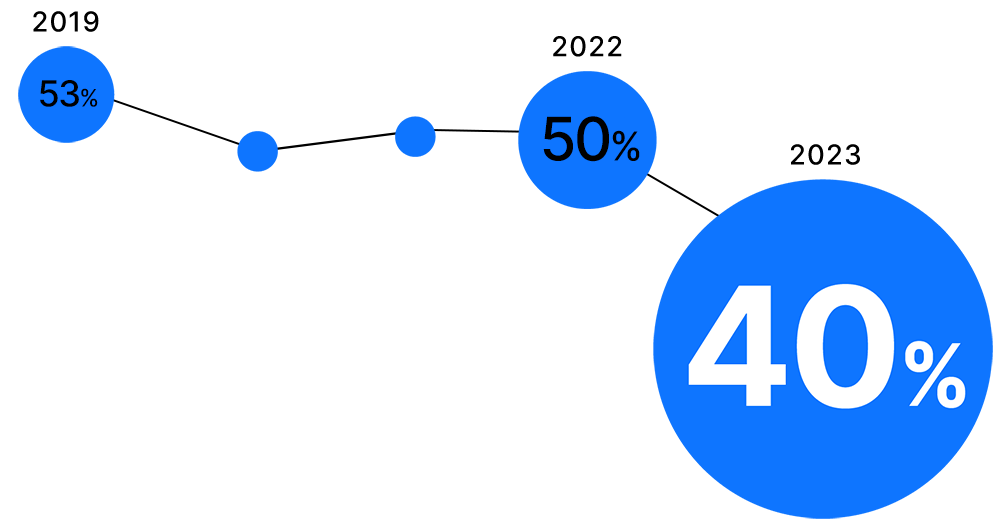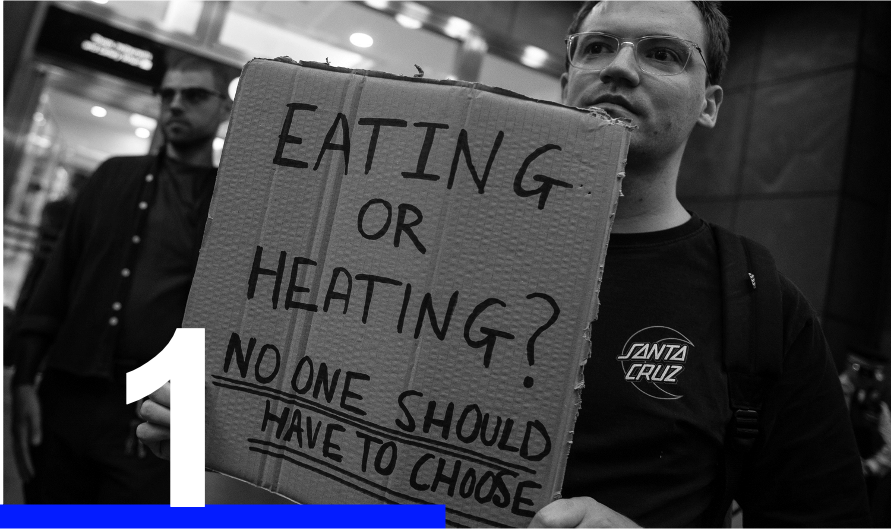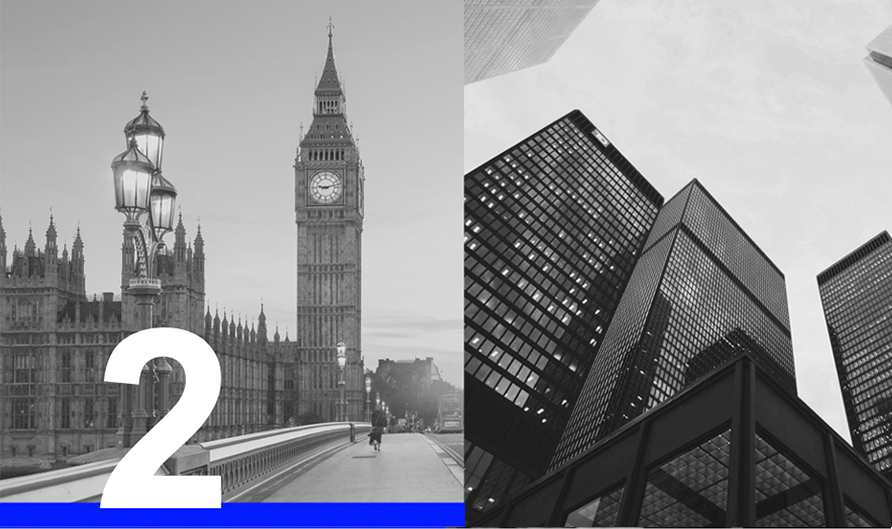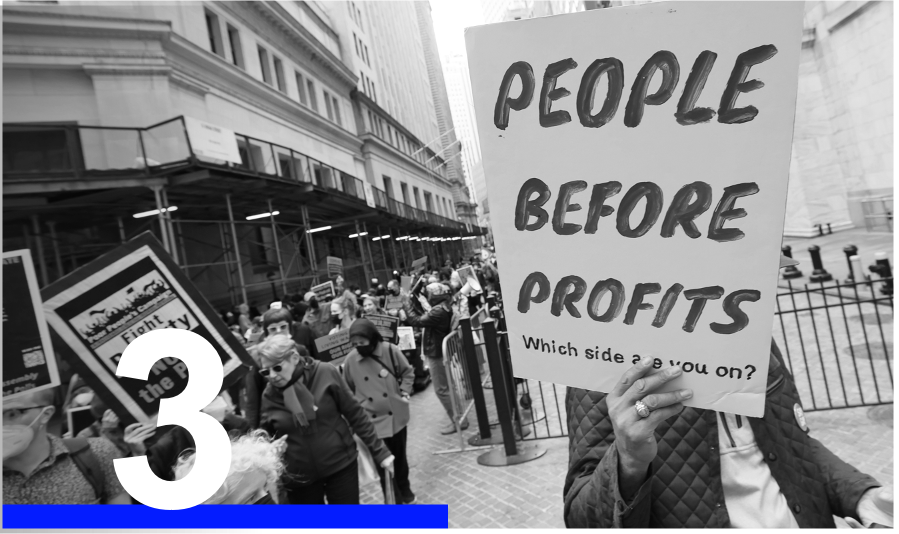Methodology
The 2023 Edelman Trust Barometer is the firm’s 23rd annual trust and credibility survey. The research was produced by the Edelman Trust Institute and consisted of 30-minute online interviews conducted between November 1st and November 28th, 2022. The 2023 Edelman Trust Barometer online survey sampled more than 32,000 respondents across 28 countries.







